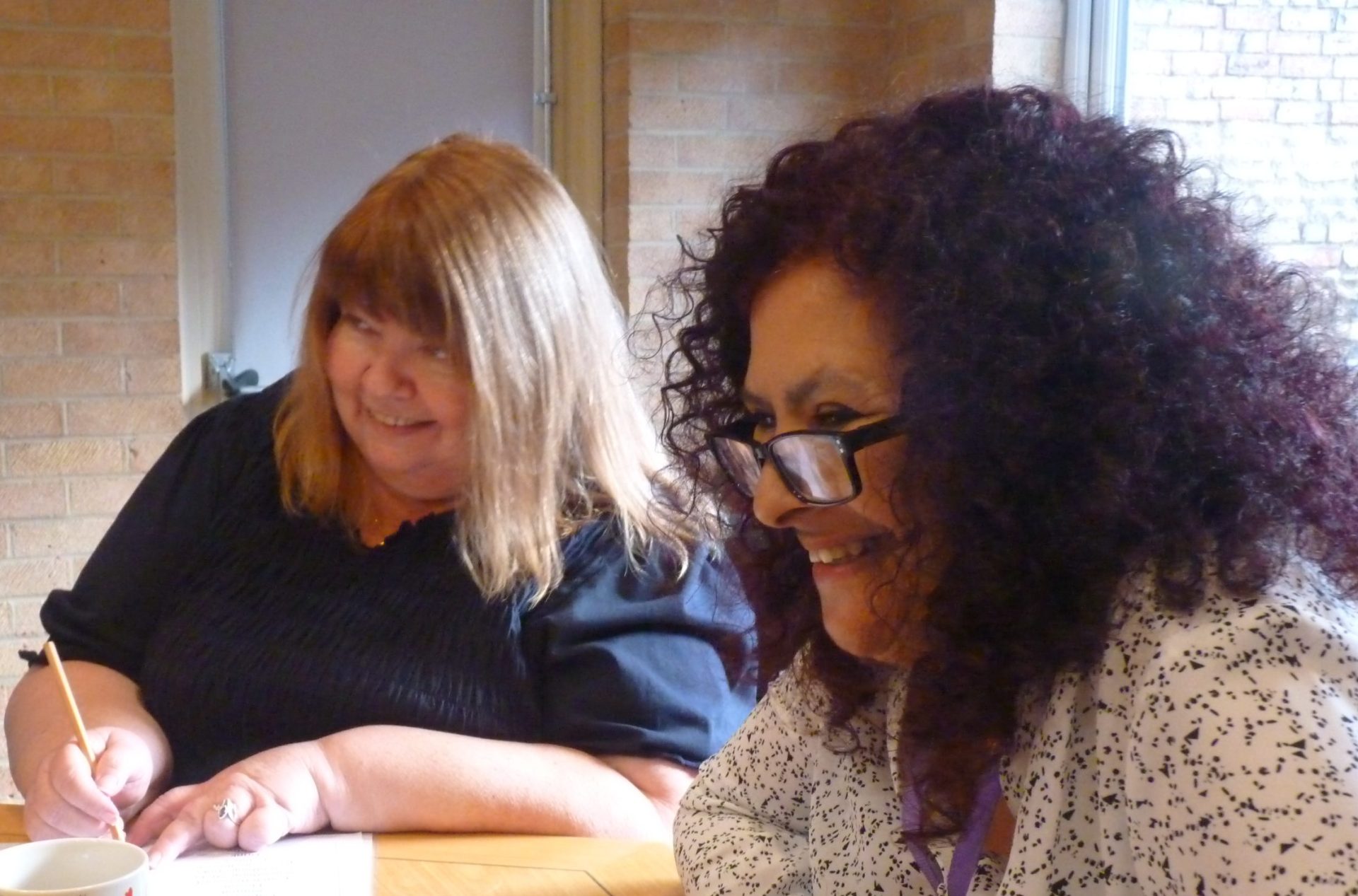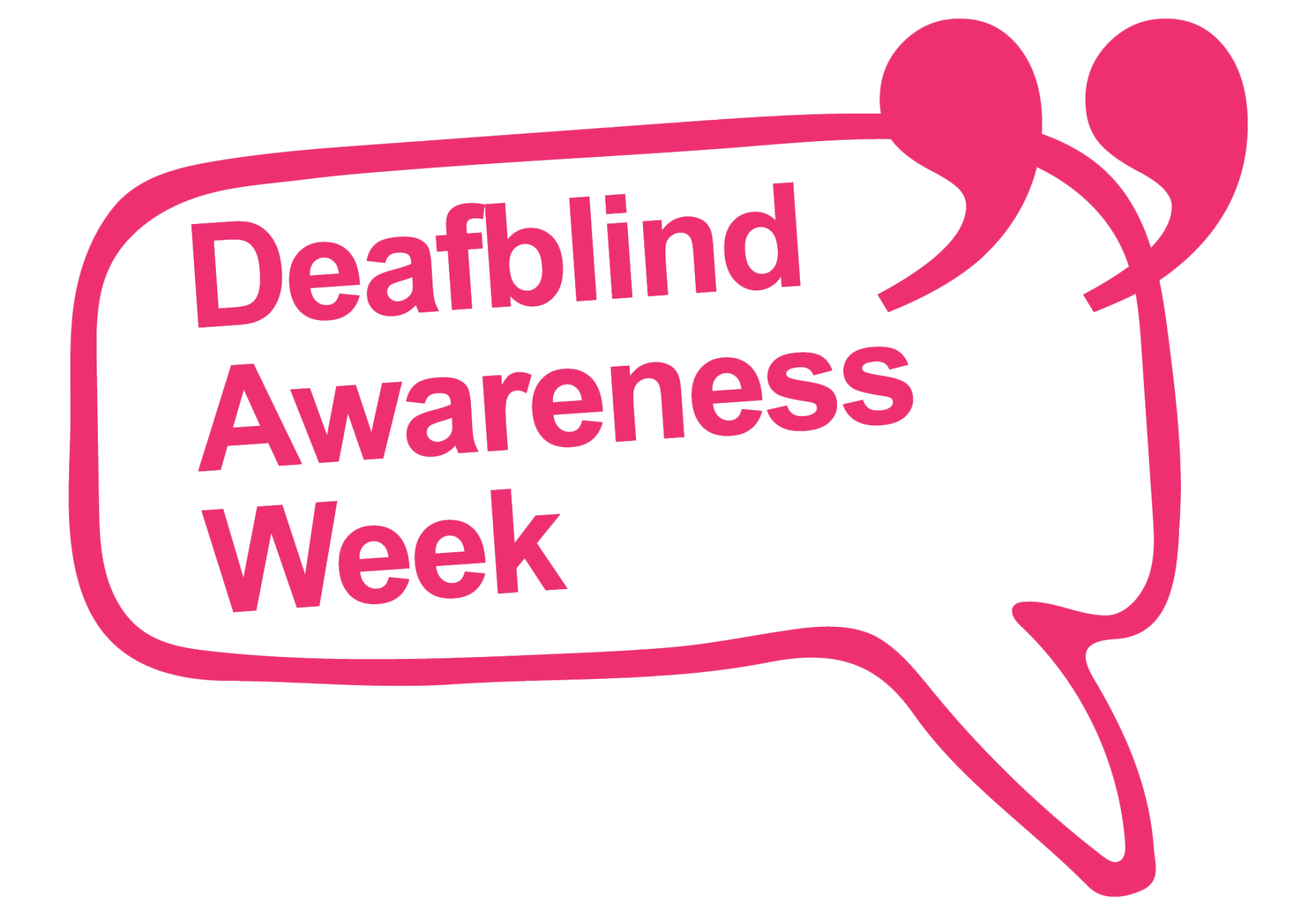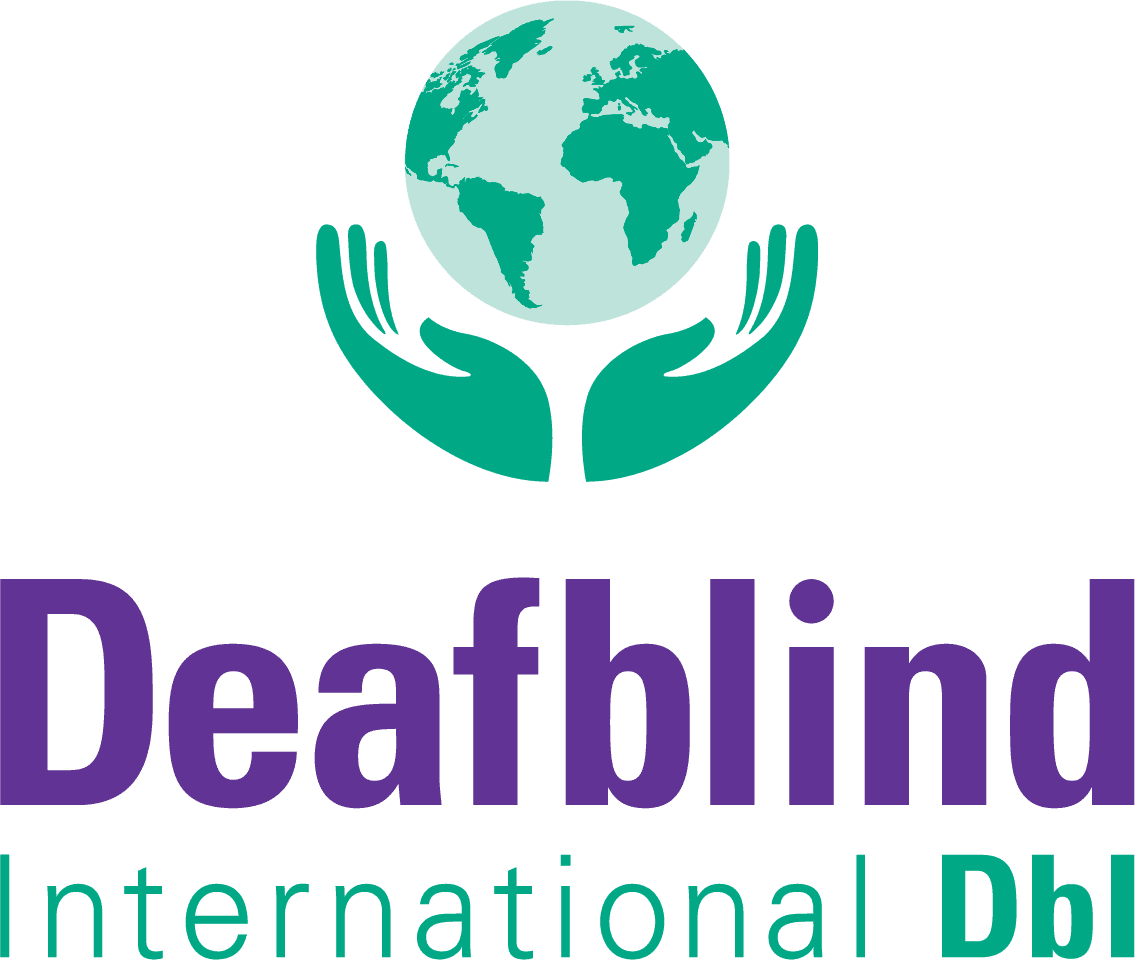Understanding your healthcare and rights can be difficult. Keeping on top of appointments, prescriptions, medical letters and much more may be overwhelming, which is why the Accessible Information Standard (AIS) was introduced.
What is the Accessible Information Standard?
The government first introduced AIS in August 2016. Its aims are to ensure that those with sensory loss or a disability have access to information that they can read or understand easily.
Who has to abide by the Accessible Information Standard?
By law, any organisation that provides publicly funded adult social care, for example Clinical Commissioning Groups, plus the National Health Service, must follow the standard. The standard requires that these organisations can identify problems, record and flag issues and share information appropriately. This information must be accessible not only to people with disabilities/sensory loss, but to service users, carers and parents.
What do organisations have to do to meet the standard?
There are five key goals that organisations must meet in order to comply with the standard. They are:
- Asking a patient’s specific information or communication needs, and finding ways to meet these needs e.g. providing Braille leaflets
- Ensuring they have a clear record of each patient’s specific needs
- Keeping the patient’s notes updated with his/her needs
- Sharing information about their needs with any other carers/healthcare providers as required
- Ensuring patients can access information and receive communication support if needed.
You and any carers must be able to contact and be contacted via accessible communication methods, such as email or text message. Furthermore, you should be able to receive information in accessible formats such as Braille or large print and have access to additional help if needed. For example, you may require a British Sign Language interpreter, or may ask a member of staff for a hearing aid.
Updates to the standard
In 2017, 11 months after the standard was implemented, a “post-implementation review” took place. In addition to the original guidelines, it was also agreed that the standard would include:
- Offering email as a communication method
- Improving website accessibility
- Recording patient needs in non-coded systems
- Supporting those with learning difficulties
- Supporting mental health users with communication needs.
Knowing your rights
More information about the AIS is available on the NHS website. This information is available in Word and PDF formats, as well as a British Sign Language video, an Easy Read document and an audio file. If you’re not happy with your current communication with your healthcare provider, speak to a carer, family member or friend. Alternatively, get in touch with Deafblind UK via our Information and Advice Line:
Tel: 0800 132 320
Text: 07950 008870
Email: [email protected]
Remember, everybody should have fair access to information about their healthcare, so don’t hesitate to ask!




